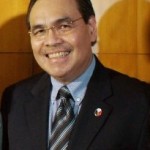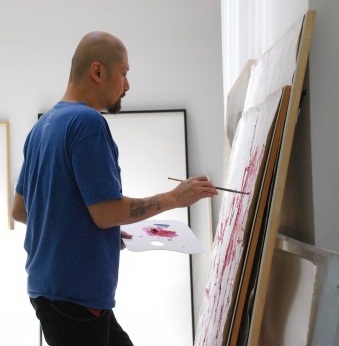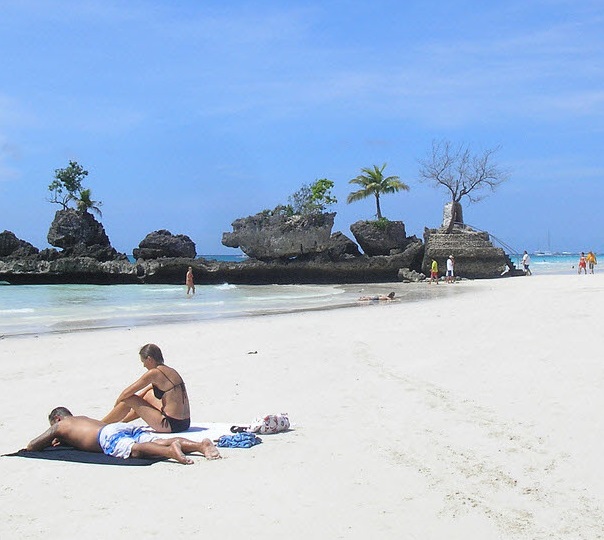NYC Mayor’s Fund, Doctors Without Borders announce assistance to PHL
The NYC Mayor’s Fund and Doctors Without Borders are now accepting donations for relief efforts to the Philippines trying to recover from the aftermath of Typhoon Haiyan.The NYC Mayor’s Fund announced that contributions will support on-the-ground relief efforts and will be turned over to community organizations in New York assisting in the grassroots recovery in the Philippines.
Doctors Without Borders (Médecins Sans Frontières or MSF) is another organization responding to the Philippines’ appeal for assistance.
Emergency teams from MSF have been in Cebu city – the second largest Philippine city — with the nearest fully operational airport to the disaster area, since Saturday November 9, the organization said in a letter to The FilAm. They will be in Tacloban this week.
MSF is sending 329 tons of medical and relief items which will arrive in Cebu within the next few days in three cargo planes. Three cargo planes are leaving – two from Dubai and one from the Belgian city of Ostende. The humanitarian cargo includes medical kits for treating wounded, material for medical consultations, tetanus vaccines, and relief items such as tents and hygiene kits. A further cargo of water and sanitation equipment will follow. An additional cargo is being prepared due to leave later this week from (the port city of) Bordeaux with an inflatable hospital and medical material.
“The types of injuries we expect to see are fractures and lacerations/cuts. It is important that people receive treatment as soon as possible to avoid complications and infections. Medical structures have been damaged or destroyed, with medical material washed away. There is a massive lack of information on the situation in rural and remote areas,” the MSF said. “Limited information is currently available on the situation west of Cebu, but with the extent of the damage in this area it is estimated that the main needs will be shelter, water and food.”
The MSF teams are currently organizing supplies of drugs, medical equipment and material to purify water, as well as essential items for distribution such as plastic sheeting, cooking items and hygiene kits. They will also monitor possible outbreaks of infectious diseases.











